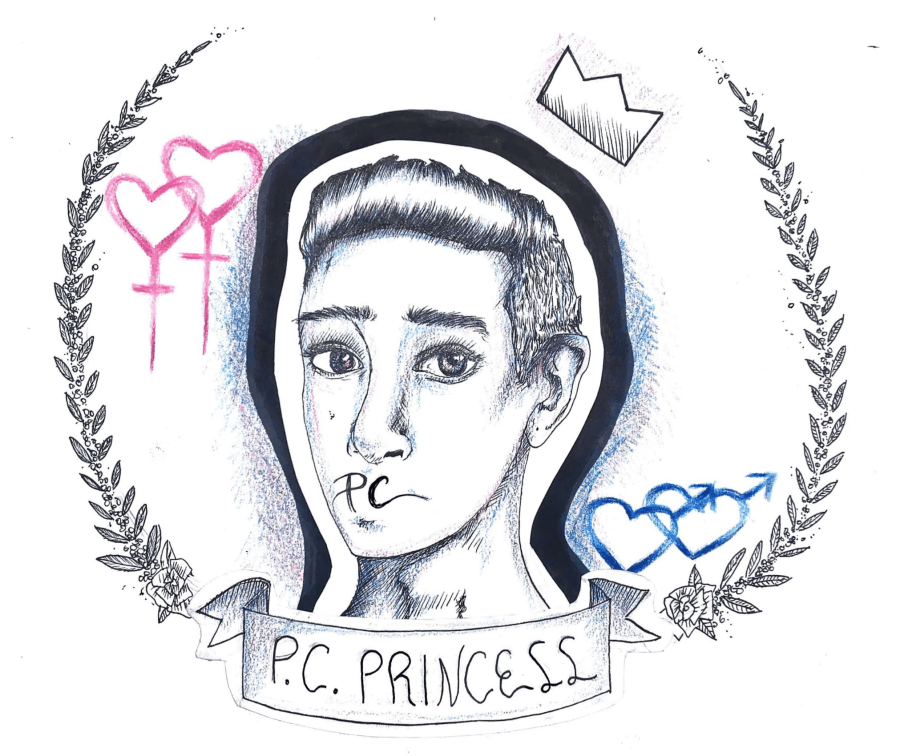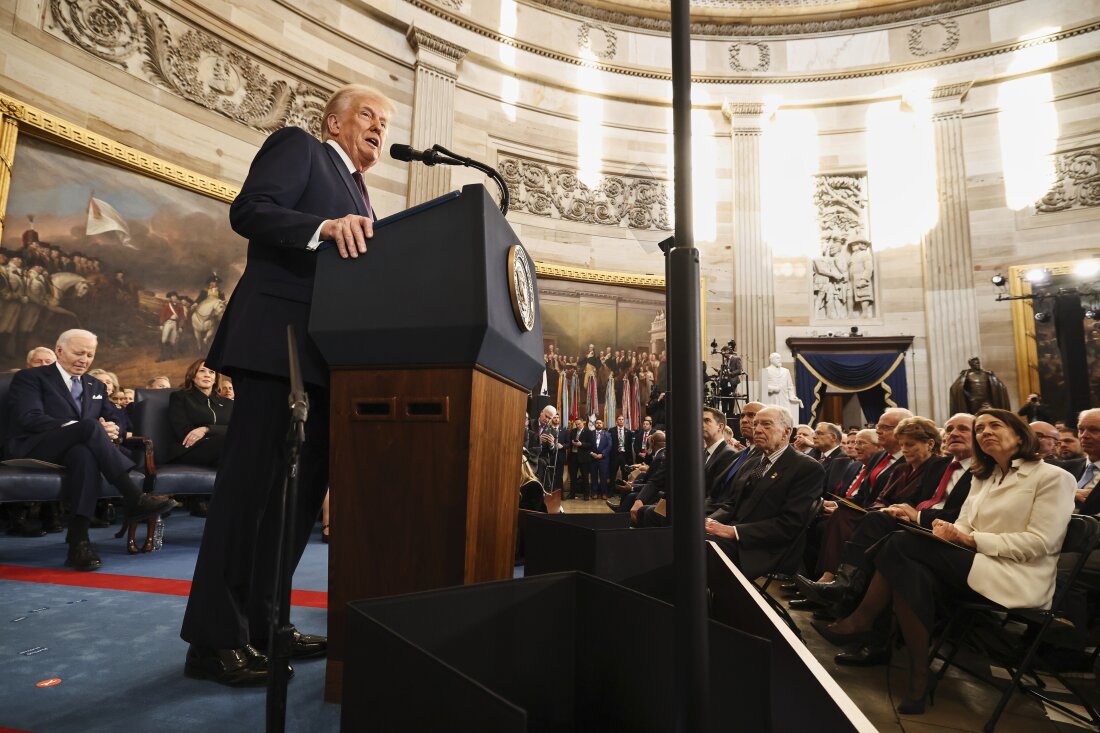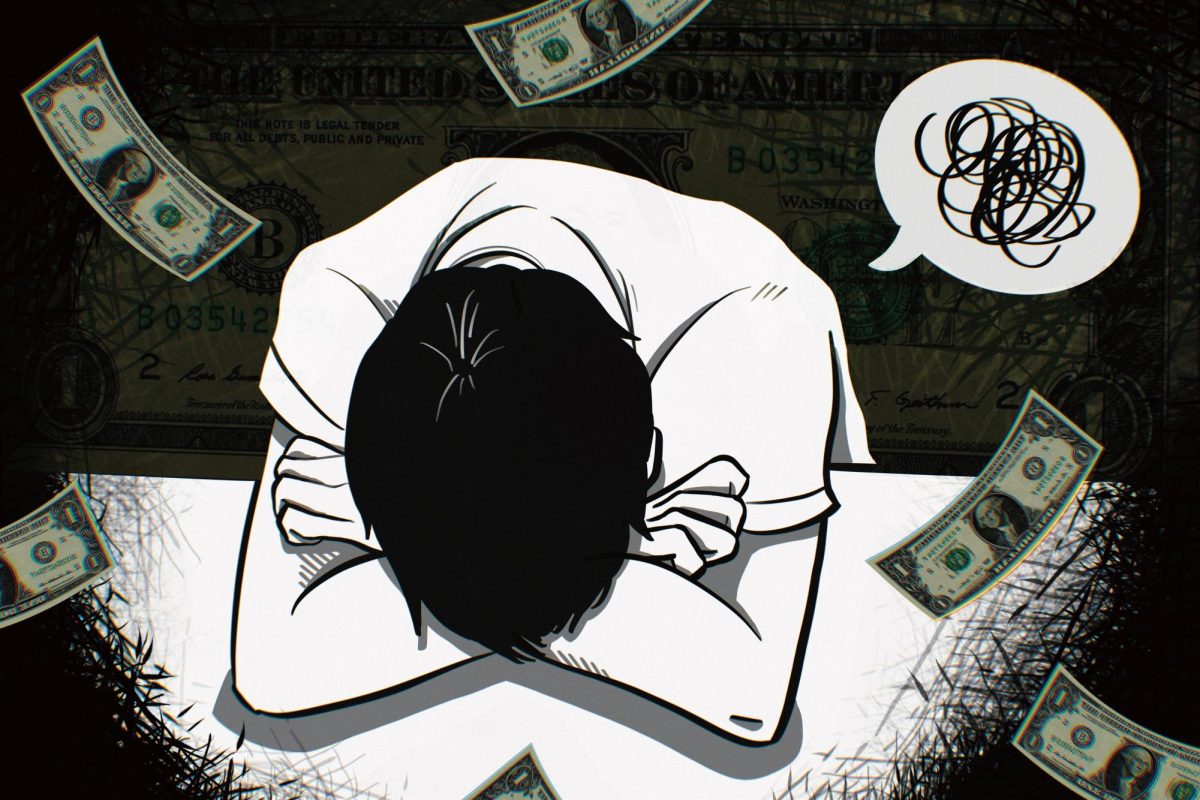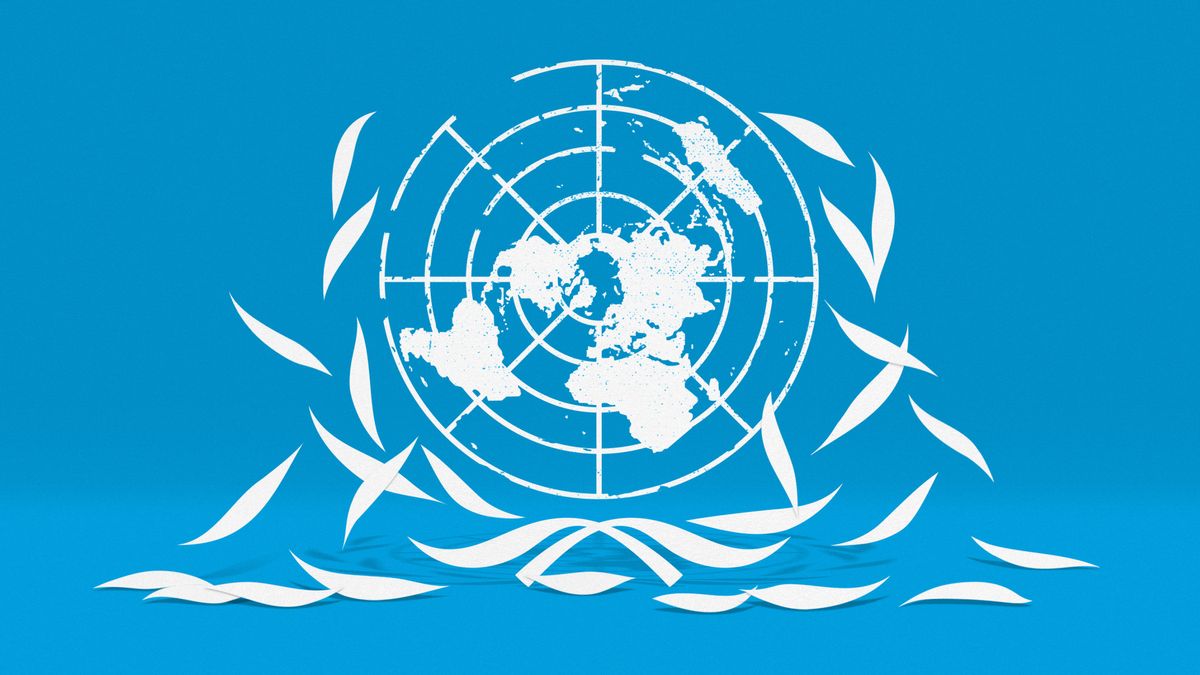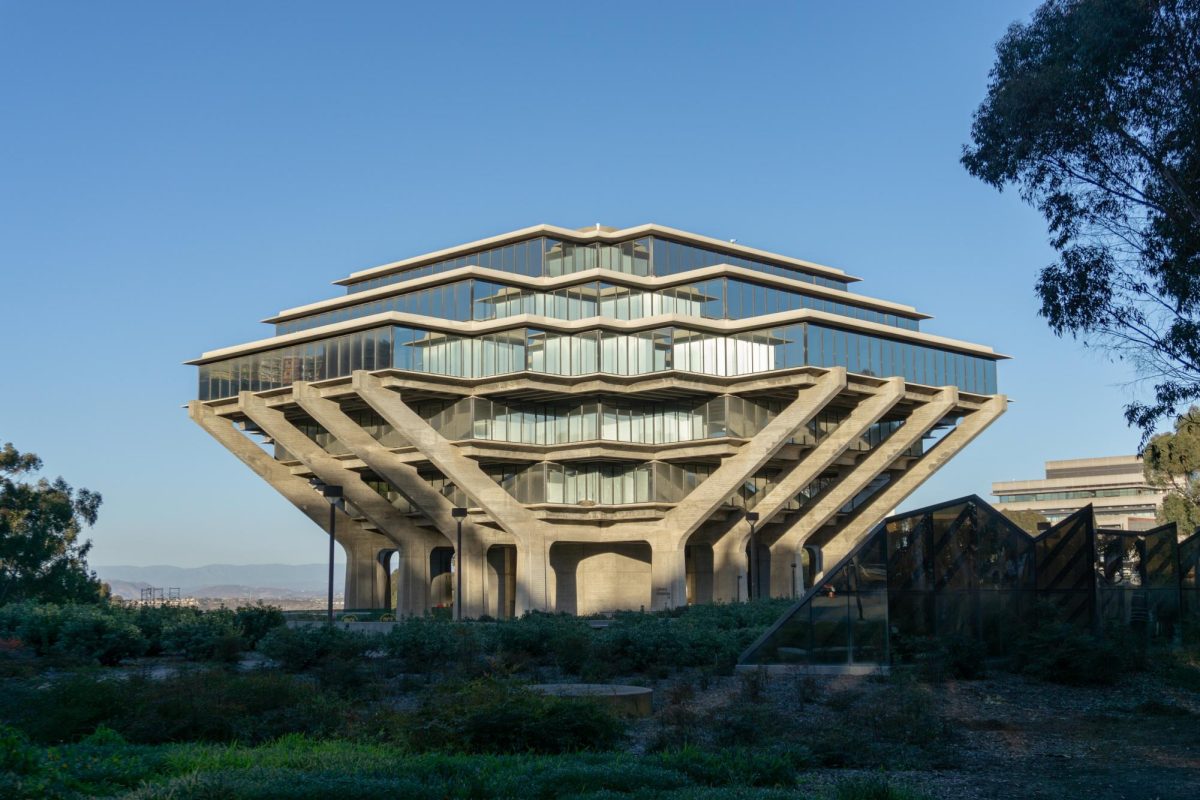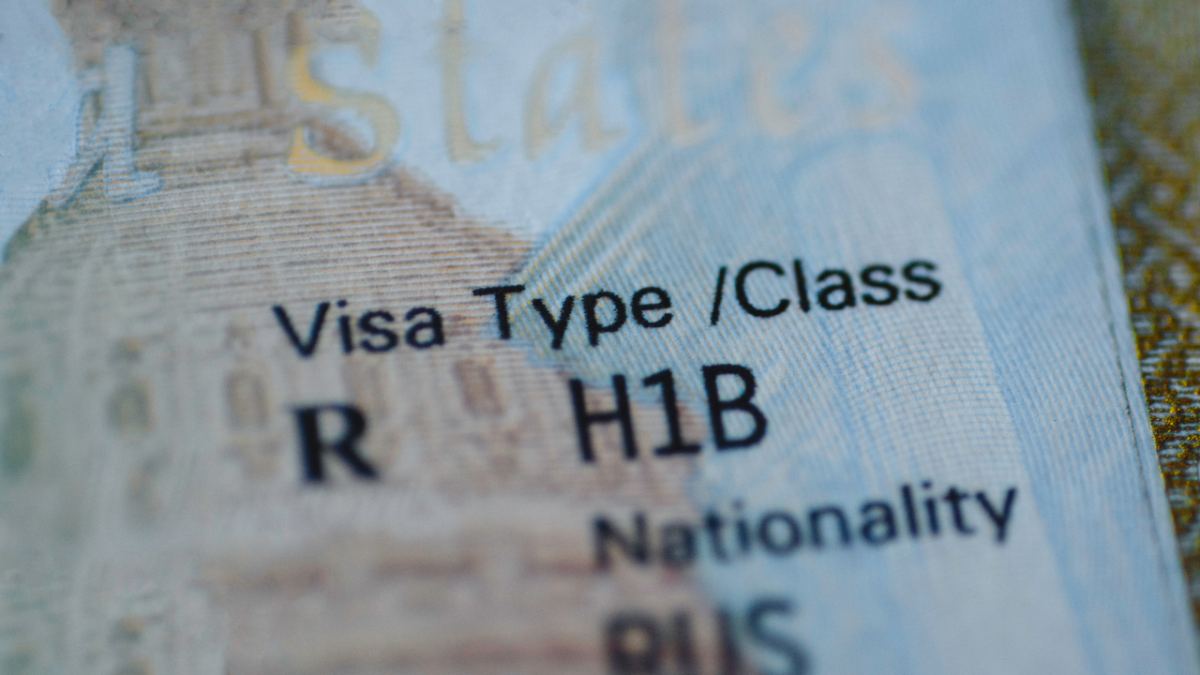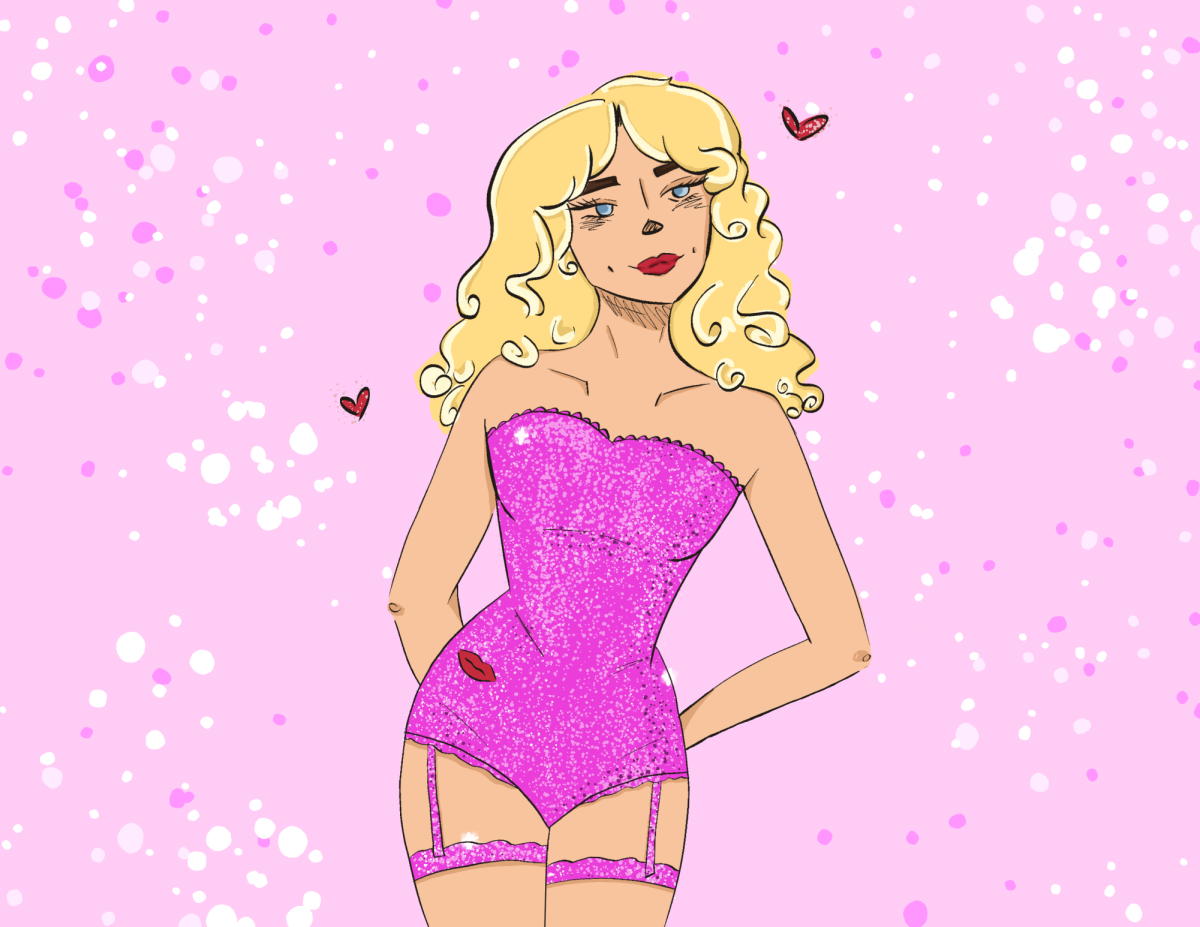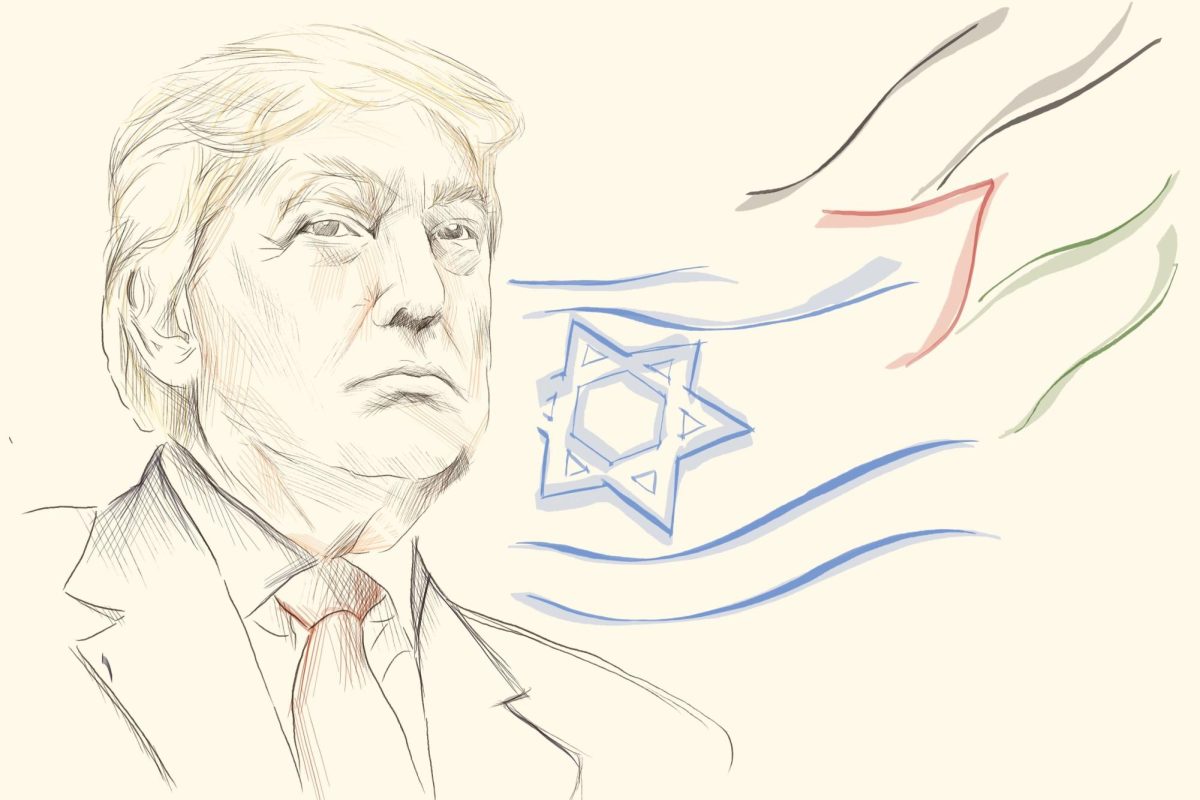Last week, I was scrolling through Twitter, minding my own business, liking Ilhan Omar’s latest tweets and retweeting about Mercury coming out of retrograde, when I came across a tweet poking fun at the term “metrosexual.” I had not heard that word for a number of years, but reading the tweet brought forward mixed emotions from my high school years when that term was much more commonplace.
“Metrosexual” is a term that was created in the 1990s, but that came to prominence during the mid-2010s to nine times out of ten refer to straight men who maintained a “more refined” or “urban” appearance.
This definition was put into practice throughout my high school five years ago. While I struggled with learning to accept my own sexuality in the face of a midwestern suburb known for its “family values,” a good number of my peers would use the term to refer to either certain straight men or themselves on account of dressing “gay.” Something about the word seemed wrong to me at the time, but only now upon reflecting on it half a decade later do I fully realize how problematic and offensive the word “metrosexual” truly is.
The problem with the term “metrosexual” is that it is built upon internalized homophobia. Out of fear of being perceived as anything other than heterosexual, many of my stylish, straight male classmates clung to the made-up “metrosexual” identity for fear of anyone even breathing the word “gay” in reference to them. They acted like having folks think you are gay was the absolute worst thing in the world.
Instead of trying to defend themselves against the queer label, my peers’ efforts should have been redirected toward something more substantial — being a good ally to the LGBTQ community by helping to de-stigmatize identities outside the cisgender, heterosexual norm would have been a good start.
I recognize that this term is more commonly used now in jest rather than in seriousness. However, it is important to remember the history of such phenomena from time to time to make sure that we do not make the same mistakes in our own daily lives.
Straight cisgender people, like anyone else, will likely encounter a moment where their sexual orientation or gender identity is questioned. Rather than rushing to state, “I’m not gay, I’m an ally,” what would be more supportive to the LGBTQ community would be to center the conversation around deligitimizing the stereotypes of what makes one queer. You don’t need to fall outside the hetero-cisgender norm to be an ally, but you do need to be comfortable with having conversations on LGBTQ issues beyond defending your own non-marginalized identities.
Art by Kyoko Downey from the UCSD Guardian Art Department.


